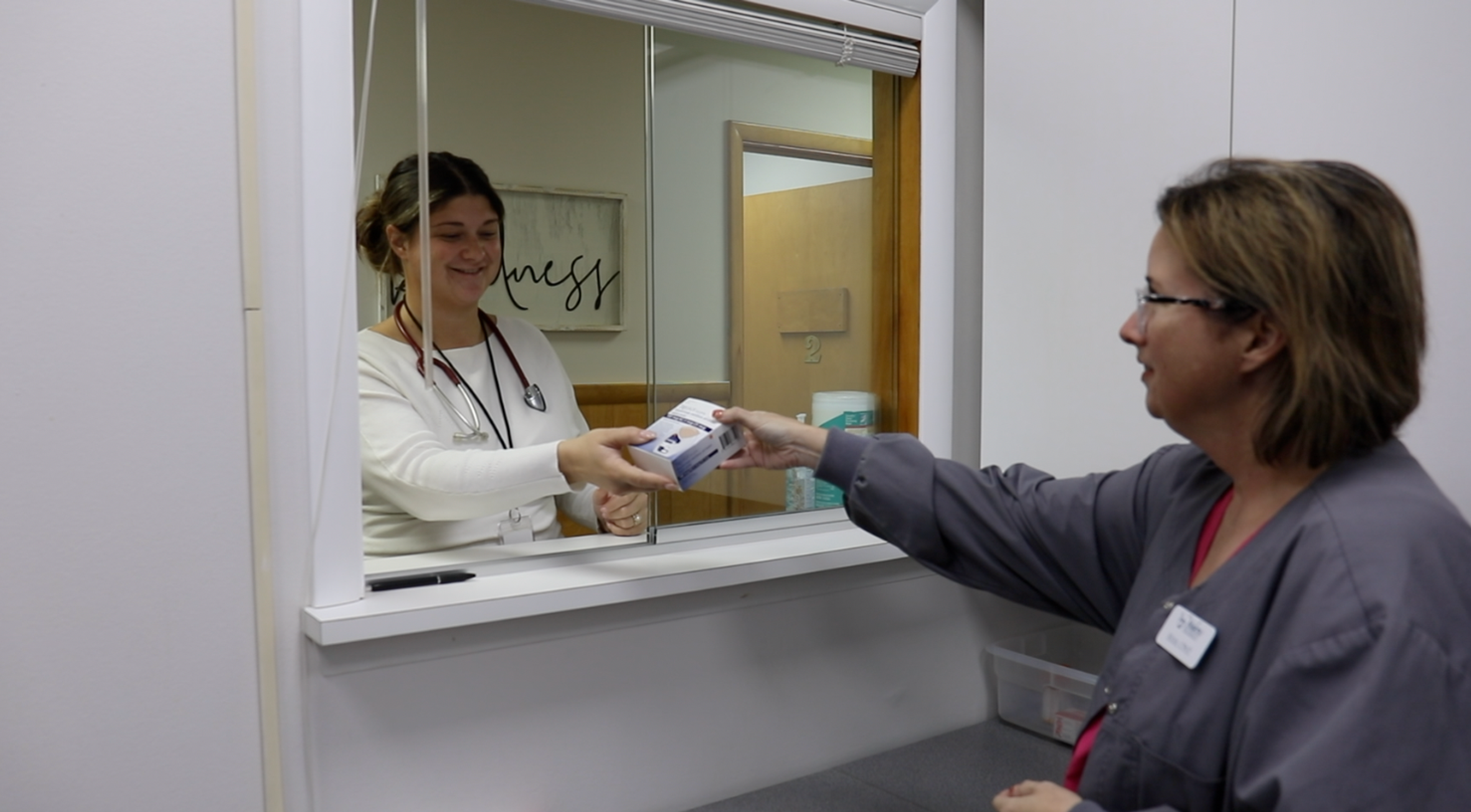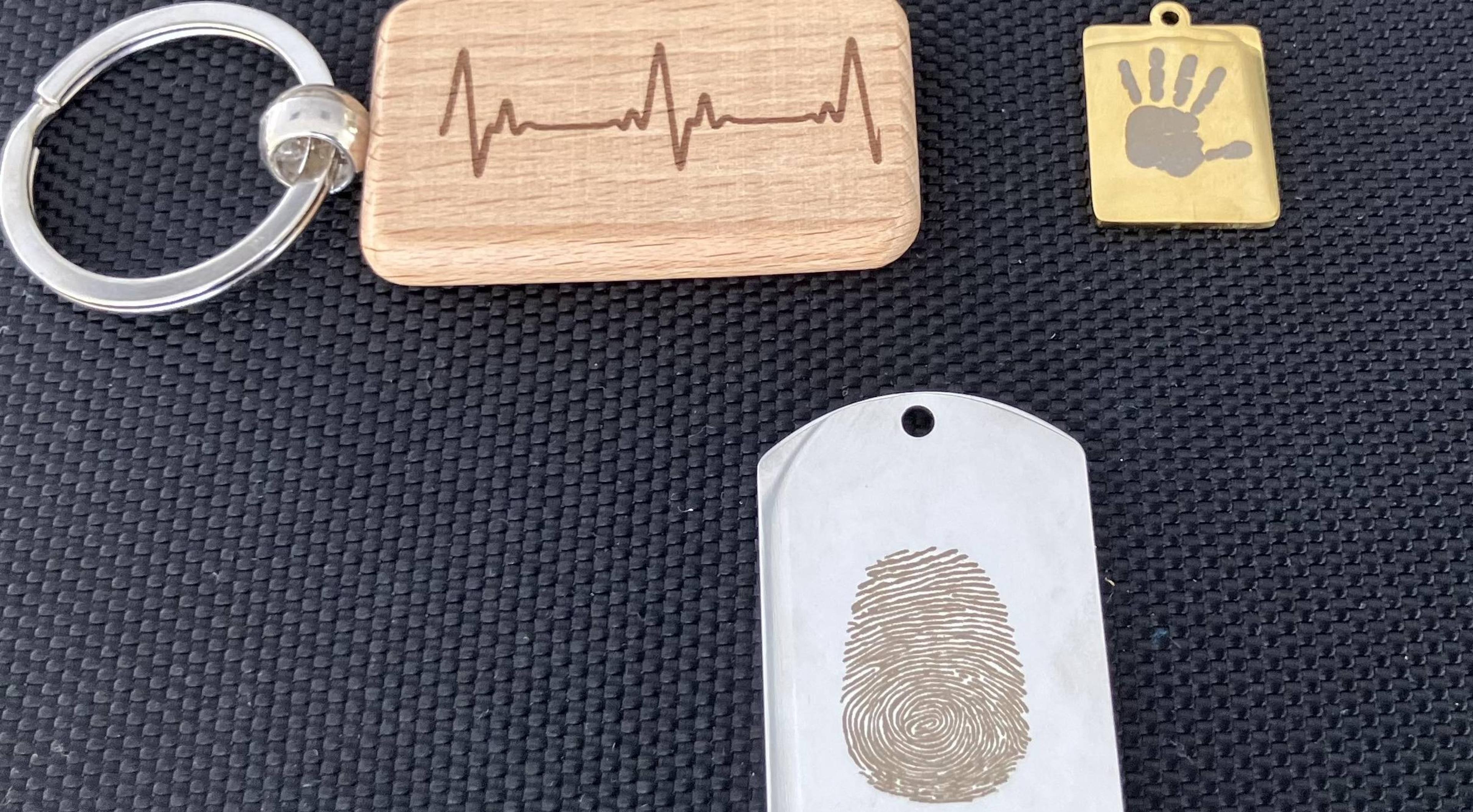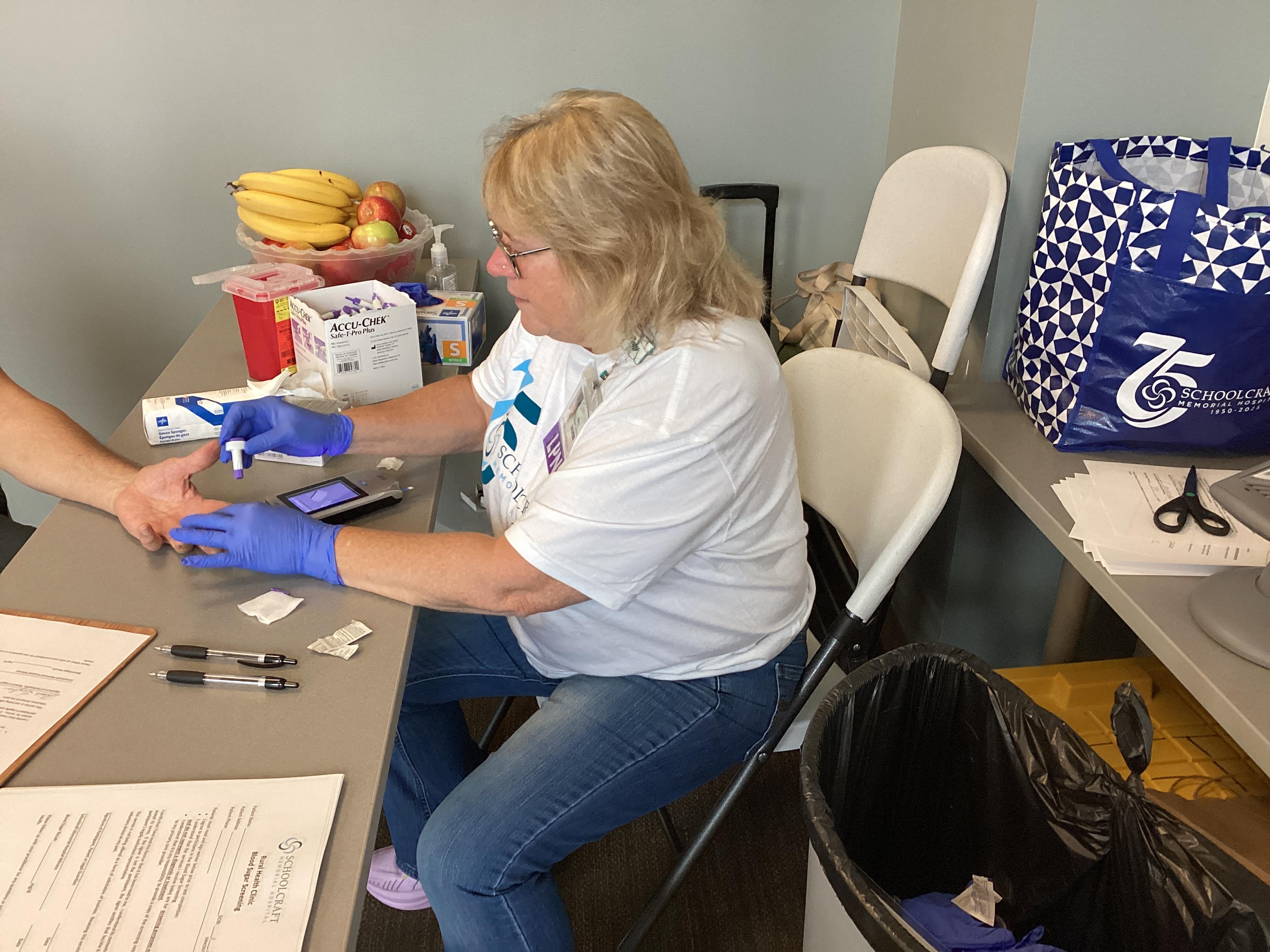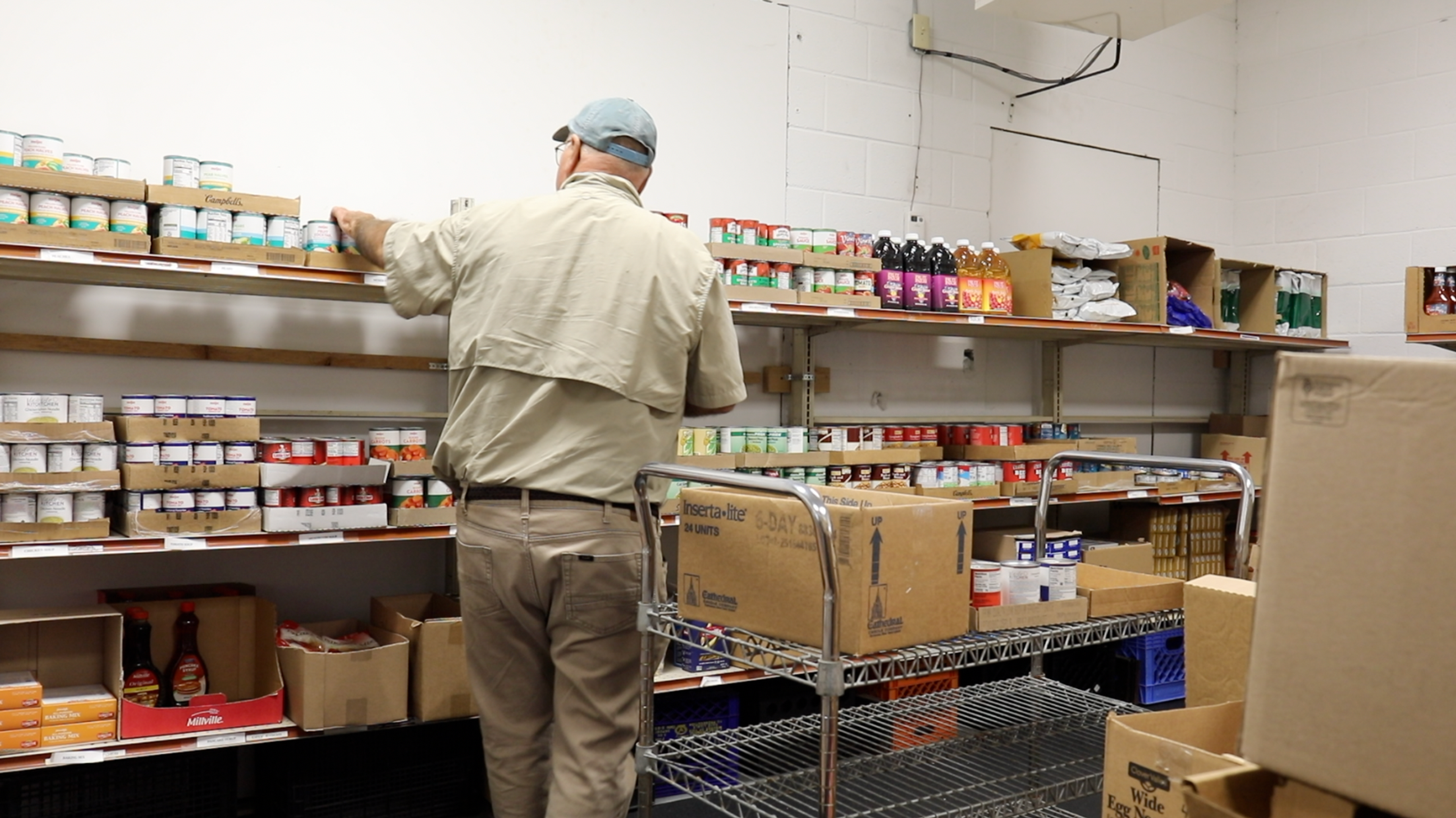Opportunity for All: #MPC17 Sessions Tackle Economic Inclusivity
Julie Bitely
| 4 min read

Wes Moore is a success story because people saw something in him before he did.
Wes Moore speaking at the 2017 Mackinac Policy Conference. After growing up without a father, he made some bad choices and ran into trouble with the police. His mom sent him to military school at the age of 13 and he went on to serve in the U.S. military, became a best-selling author of “The Other Wes Moore” and is now CEO of the Robin Hood Foundation. Moore recently spoke at the Mackinac Policy Conference, held recently on Mackinac Island. He told attendees he was grateful to his mom for sending him away because he needed it, but acknowledges that type of lifeline simply isn’t available to everyone in his situation. Moore said young people growing up in places like his hometown of Baltimore and in places like Detroit, Flint, Saginaw and rural areas in the Upper Peninsula need to feel included in the nation’s progress. “Progress must also equate to inclusion,” Moore said. One of the main conference pillars centered around increasing economic opportunity by shrinking the opportunity gap and enhancing quality of life for all Michiganders by promoting economic inclusion strategies. Here’s what some of the attendees had to say.
- Detroit Mayor Mike Duggan on a city comeback for all. He outlined an eight-principle plan in which he vowed to make sure Detroit’s revitalization works for everyone in the city. He plans to ensure a stock of affordable housing units remain in the city and that those residents who’ve remained are not displaced by development. He’ll also focus on continued blight removal, encouraging neighborhoods of density with amenities such as grocery stores and retail close by, as well as a continued conversation around equity and inclusion. Duggan dove deep into recent history outlining the racial disparities in the city’s history that have led to economic despair for some and economic prosperity for others. “This is our history and it’s something we still have to overcome,” he said. With the city’s population rising for the first time in 60 years, Duggan said there’s no room for failure. His speech is a must-watch.
- Reverend Larry Simmons on fixing early childhood education. Simmons was part of a panel sponsored by the W.K. Kellogg and Kresge foundations about Hope Starts Here, an initiative working to expand access to early childhood education in the city of Detroit. As executive director of the Brightmoor Alliance, Simmons joked that among the many well-heeled attendees at the conference, he may not have billions of dollars to bring to the table, but that he represented the billions of hopes that Detroit children and their parents have for a promising future. “The wellbeing of children is unfinished business,” Simmons said.
- Detroit Public Schools Superintendent Nikolai Vitti on making sure public school students are ready. Vitti appeared on a panel hosted by the Skillman Foundation about rebuilding Detroit’s schools for tomorrow’s opportunities. New to his role, Vitti said great schools are imperative to the city’s continued growth and comeback. “It’s time to believe that change is here and can happen,” he said. Vitti said investments need to be made in public education, particularly districts such as Detroit with high poverty rates. He plans to pay particular attention to students in their junior and senior years, making sure they’re prepared for college or vocational training, whichever will help them reach their unique goals.
- Sean Welsh on the role business plays in economic inclusivity. Welsh, regional president for PNC Bank, took part in a panel about closing the opportunity gap for Michigan’s children. He bristled at the idea of it not being the business community’s responsibility to effect social change, calling it a “team sport.” Welsh said investing in opportunities for children, youth and disenfranchised residents leads to savings later in people who are better prepared, which is good for business. Plus, “it’s just the right thing to do,” he said. Welsh encouraged other business leaders to advocate for change and solutions.
Blue Cross Blue Shield of Michigan was a Diamond-level sponsor of this year’s Mackinac Policy Conference. Read about some of our efforts surrounding health care equity and access here:
Main image photo credit: A Healthier Michigan Wes Moore photo credit: Detroit Regional Chamber





